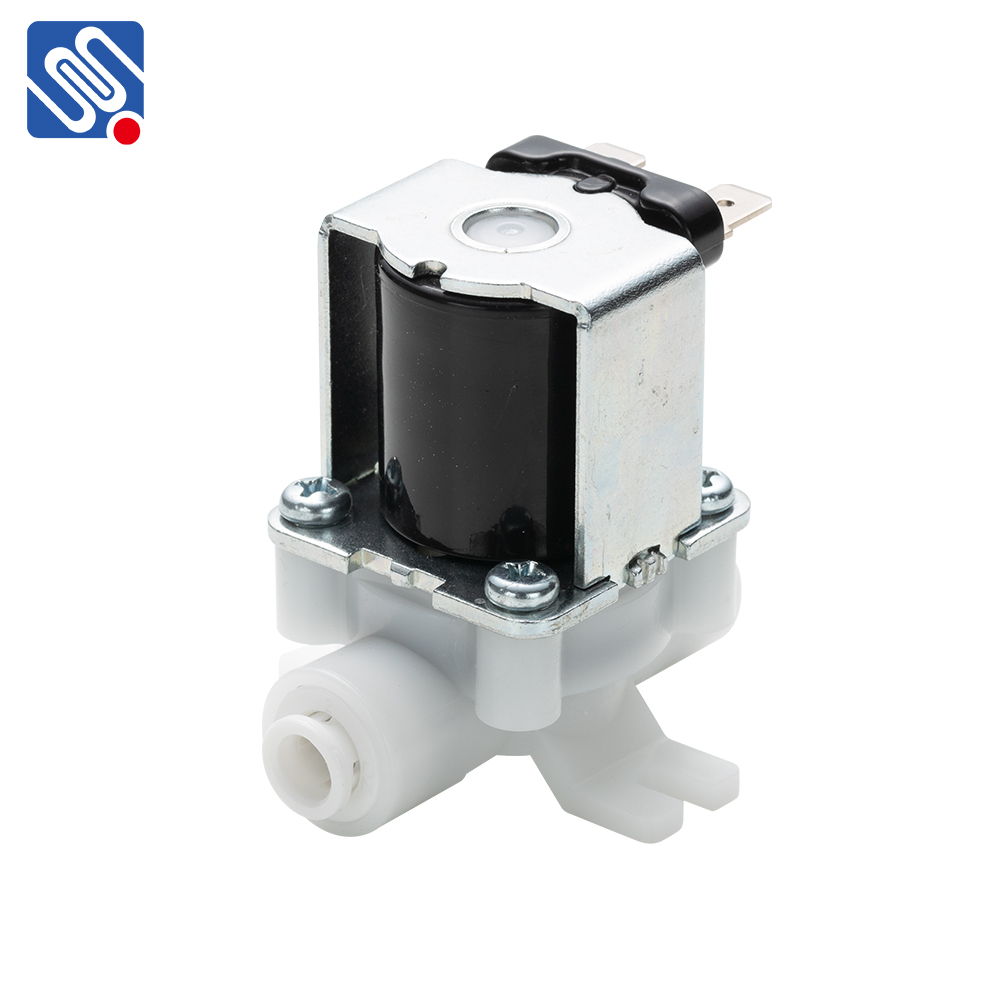understanding food grade solenoid valve certification: ensuring safety in food processing
Release time:2025-11-08 19:57:54
Food grade solenoid valves play a crucial role in the food and beverage industry by regulating the flow of liquids, gases, and other materials in processing and packaging systems. These valves must meet rigorous safety and health standards to ensure they do not compromise the quality or safety of the products they come into contact with. Food grade solenoid valve certification is a key aspect of this process, guaranteeing that the valves meet the necessary criteria for food safety. In this article, we will explore the significance of this certification, the requirements for achieving it, and the standards that govern it.

What is Food Grade Solenoid Valve Certification? Food grade solenoid valve certification refers to a set of standards and regulations that a solenoid valve must meet to be considered safe for use in food and beverage production. This certification ensures that the materials and construction of the valve are free from contaminants that could pose a risk to human health. The certification process also involves rigorous testing to confirm the valve’s durability, reliability, and compliance with hygiene and safety protocols. Key Standards for Food Grade Certification Several standards govern the certification of food grade solenoid valves. These standards vary by region, but they share common principles that focus on materials safety, cleanliness, and durability. Some of the most recognized certifications include:

